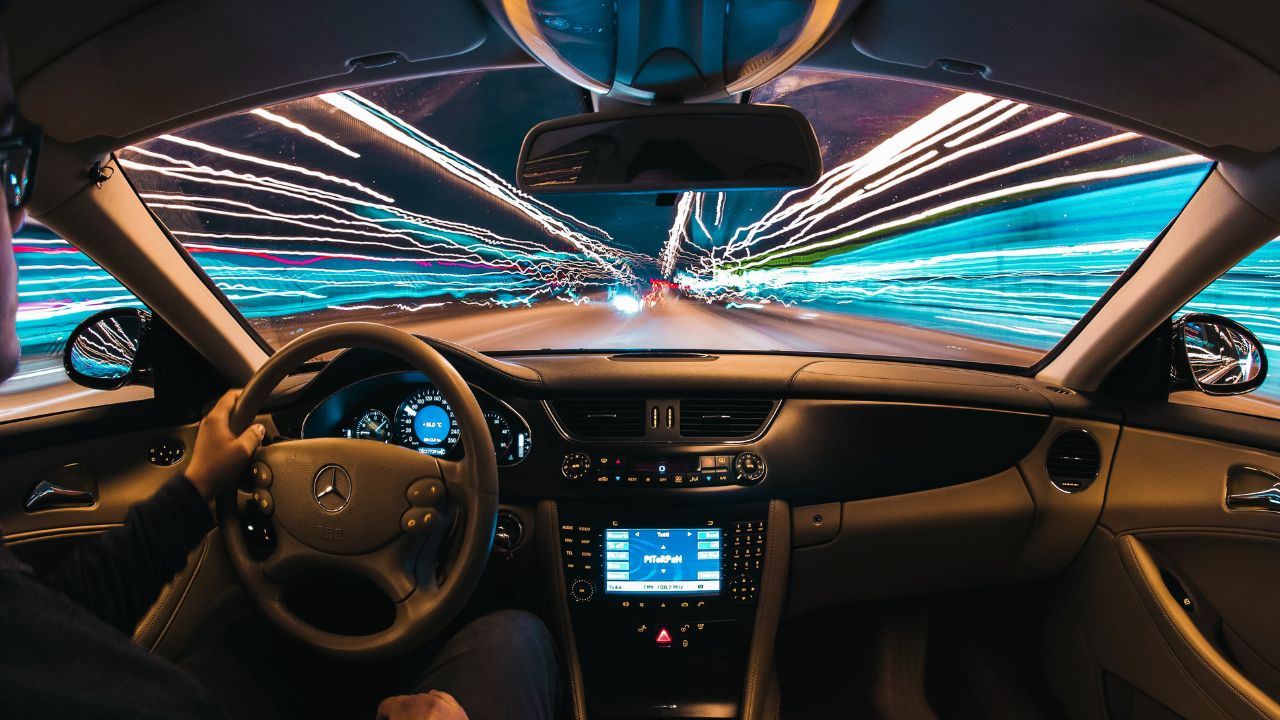Sweden's WirelessCar has confirmed sales of vehicles equipped with its connected car technology have surpassed 10 million.
Founded in 1999, the company works with original equipment manufacturers in the automotive industry to install digital vehicle services in new-build automotive vehicles, using connected hardware functionality.
Greg Geiselhart, vice president of sales and marketing at WirelessCar, said: "Reaching ten million connected cars across the world is no small feat.
"Over the years, we have overcome both technical and commercial challenges, large and small, to deliver robust and highly reliable services to our customers. We take that wealth of experience to benefit current and potential OEMs in launching best-in-class connected car services.
"Of course, we would not be where we are today without this collective knowledge from having ten million cars on the road!”
The Swedish car giant Volvo became WirelessCar's first client in 2000. The two companies worked together to build an emergency callout and security service — Volvo On Call — that's still operating today, albeit with the addition of a modern smartphone-enabled app.
Indeed the automotive industry was forced to adapt fast to the rapid proliferation of new connectivity protocols and intelligent algorithms available to optimise and protect their car fleets.
Over the past 22 years or so, WirelessCar has strived to keep track of the revolving door of tech developments in the connected car. Its expansion has seen new offices opened in the US and China and its partnerships now include Jaguar Land Rover, Daimler, Volkswagen, in addition to still working with Volvo.
The rise of public cloud services enabled more functionalities to be provided, for instance, while microservices architectures and new IP communications like 5G allow data relays at reduced latency.
Like Volvo On Call, security is a major draw for these new systems. With the latest wave of IoT systems, these security features have been strengthened. For instance GPS tracking is now often embedded to prevent thefts, with connected systems used by the police to recover the stolen vehicle.
Despite the pace of technological change, WirelessCar has argued car makers should avoid replacing connected software "once every few years".
In an October 2021 blog post, the company said: "Over time, the car maker could end up with several connected car clouds, spread across generations of cars,"
"This makes for a very disparate backend solution, one that adds unnecessary complexity to the operation yet no major benefits.
"Moreover, it becomes increasingly difficult to make the production and development of new connected car services leaner and more cost-efficient."



Would you like to write the first comment?
Login to post comments